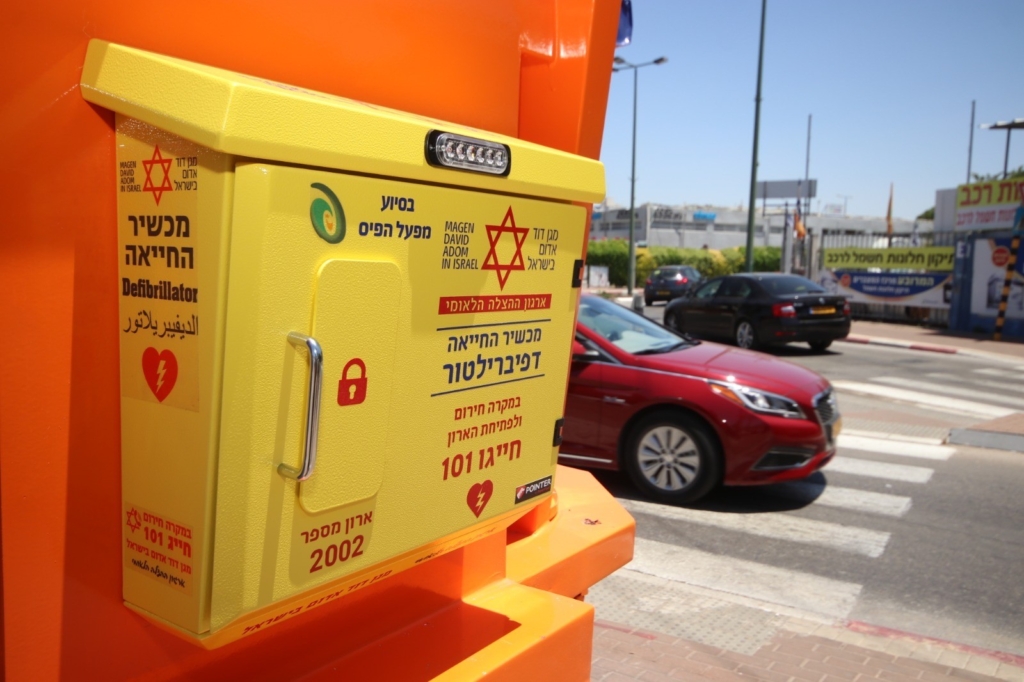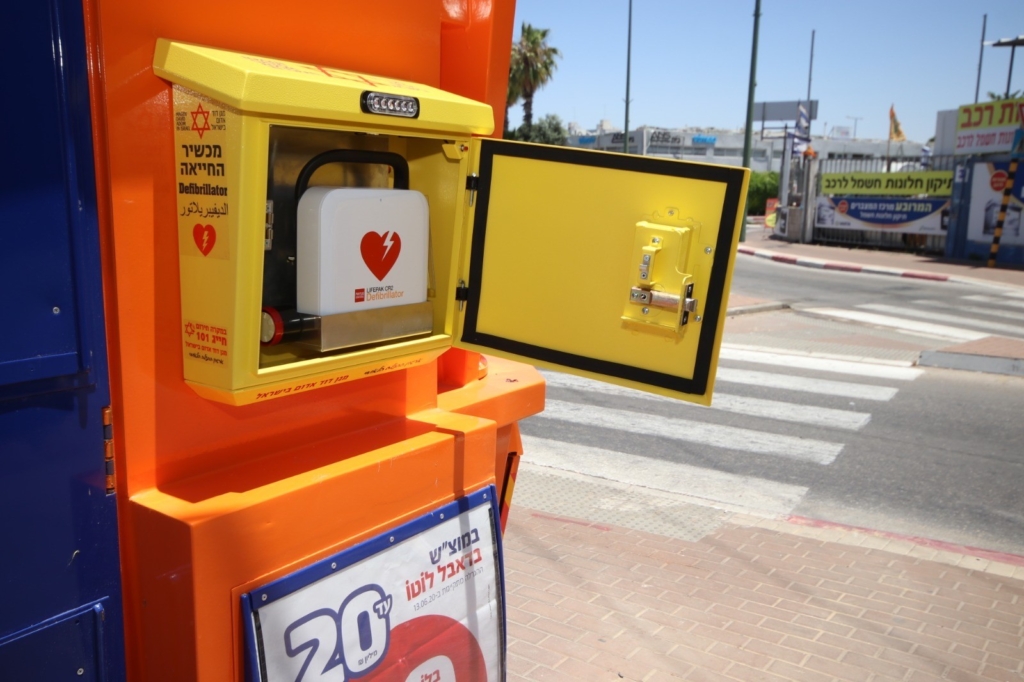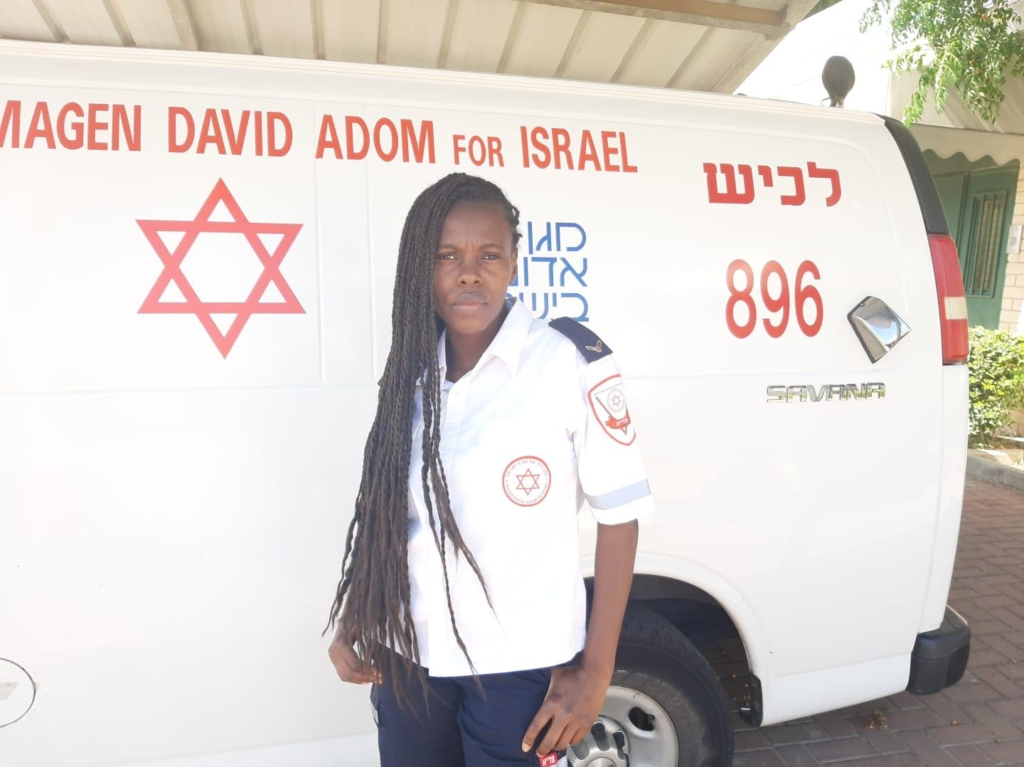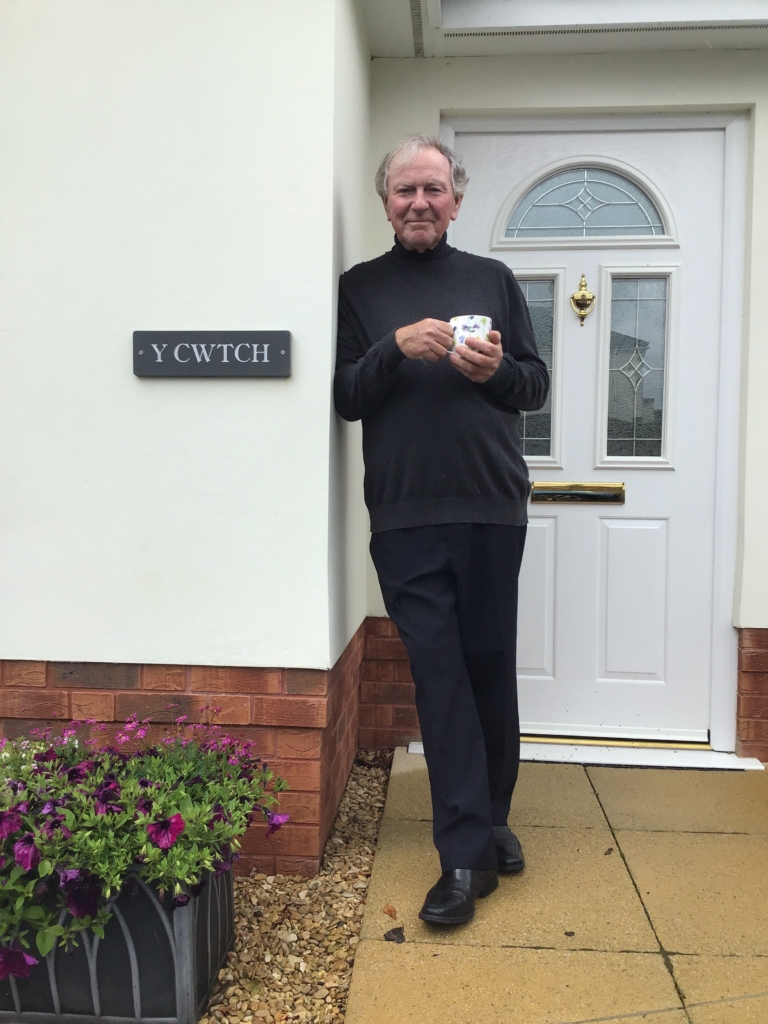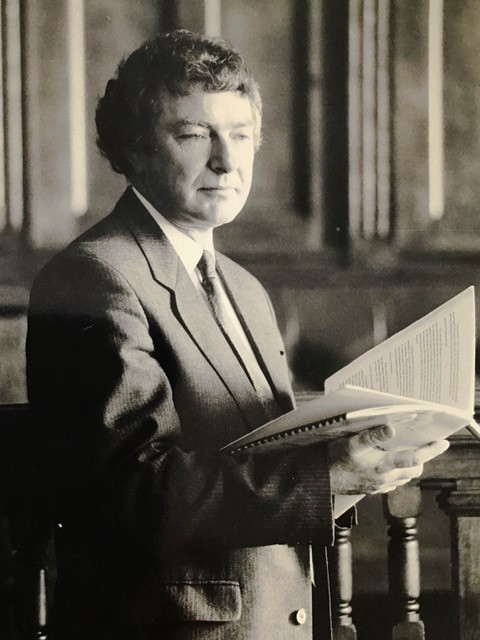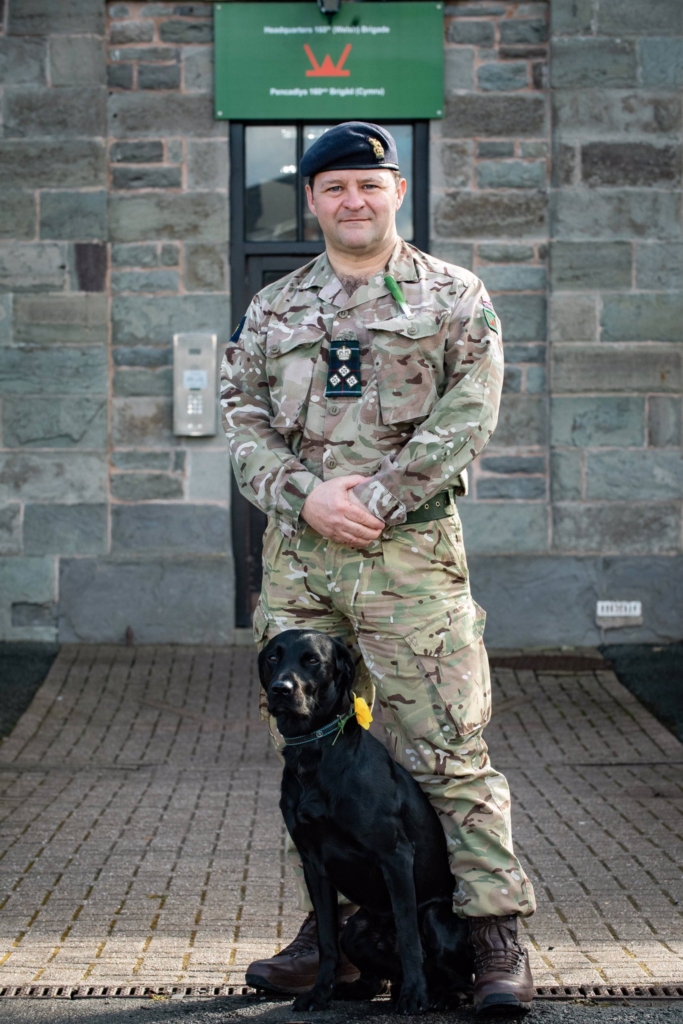£4.8m Investment for Lincolnshire Specialist Vehicle Conversion Business
https://chat.whatsapp.com/AmbulanceTodayDirect
As part of exciting expansion plans, specialist vehicle conversion business, Cartwright Conversions Ltd has been bought by the owners of Sheffield-based company Trek Group.
Cartwright Conversions Ltd was a subsidiary of the Cartwright Group that recently went into administration. The new company will now be known as Cartwright Vehicle Conversions Ltd and is based in Belton, North Lincolnshire.
The purchase by Trek Group has also saved 66 jobs at the company which is a specialist convertor for blue light emergency vehicles, Ambulances, Police, Security, and Fire.
Trek Group Managing Director, Tom Janion said: “I have been looking for some time to make a significant acquisition in the Commercial Vehicle and Emergency Services market, and to have secured the market leader really gives us the platform to realise our ambition.’
“I feel very privileged to be able to support such a fantastic company that Steve Shaw and his team have grown. This now makes Trek Group a major player in the Commercial Vehicle and Emergency Services market.’
“With the investment we are making in Cartwright Vehicle Conversions we will be able to develop new innovations that make a real difference to our customers.”
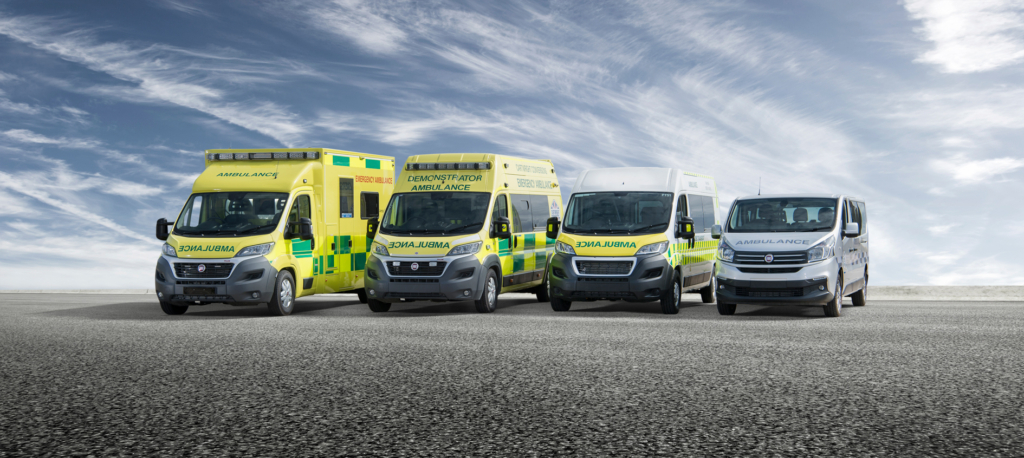
The business is also a key player in the Mobility and Wheelchair Accessible Vehicle market and has established a commercial division converting Welfare units, Support Vehicles and Mobile banking units.
Lead by Steve Shaw, who has established a highly skilled and dedicated team of industry professionals, Cartwright Vehicle Conversions Ltd is also a key player in the Ambulance hire market and a supplier to the NHS.
Steve also commented on the good news, saying: “I would like to thank the customer base for their incredible support through the last few weeks. The support has been overwhelming and it is a testament to the strength of relationship and the quality products we produce.’
“It is fantastic to be able to give security to all our employees and thank them for their dedication and loyalty over these difficult few weeks.’
“I look forward to working with Tom, his enthusiasm and investment will allow me to take this business to the next level.”
The full management team will remain in place to ensure that customers have continuity of experiencing quality products and great customer service.
Quality content
- Casinos Not On Gamstop
- Casinos Not On Gamstop
- Casino Sites Not On Gamstop
- Non Gamstop Casino
- UK Online Casinos Not On Gamstop
- Casino Sites Not On Gamstop UK
- Casino Sites Not On Gamstop
- Games Not On Gamstop
- Sites Not On Gamstop
- UK Online Casinos Not On Gamstop
- Casino Not On Gamstop
- Slots Not On Gamstop
- Casino Not On Gamstop
- Gambling Not On Gamstop
- Casinos Not On Gamstop
- Non Gamstop Casino
- UK Online Casinos Not On Gamstop
- Casino Sites Not On Gamstop
- Best Betting Sites
- Best UK Online Casinos
- New Horse Racing Betting Sites
















